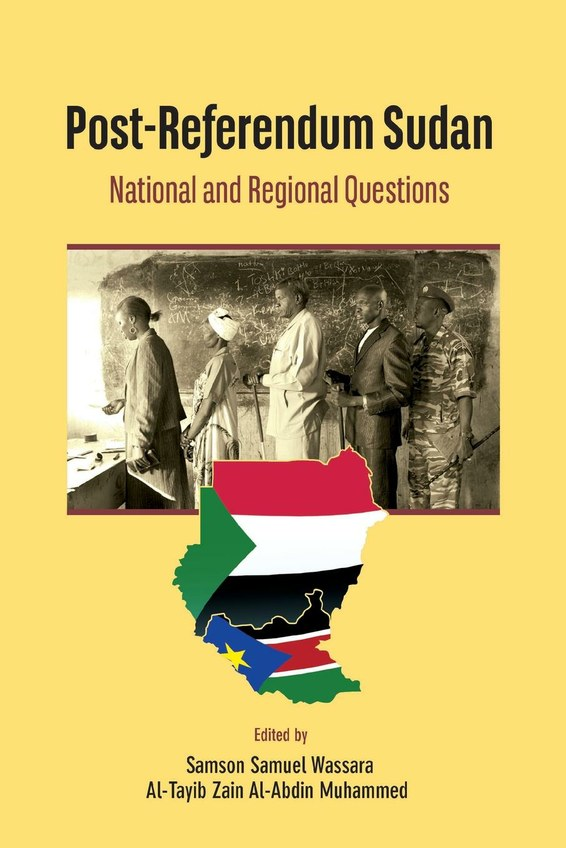This study attempts to understand national, regional and continental dimensions of the unresolved issues that could result in the escalation of conflict in the Sudan. It examines internal dynamics of the Sudan after secession of the south and how these dynamics might affect neighbouring countries in the geopolitical regions: the Horn of Africa, the Great Lakes Region and Central Africa. A section is dedicated to dynamics within South Sudan as a new state. Post-conflict South Sudan as country was marked by extreme poverty, lack of infrastructure and prevalence of inter-communal armed violence.
The book proposes possible policies to prevent the country from descending into a state of economic and social chaos. The argument is posited that equitable and rational transformative socio-economic programmes and policies could greatly reduce potentials for conflict. Policy makers are called on to pursue policies that could lead to concrete projects planned to alleviate poverty and provision of basic social services such as education, health, and safe water. The book comes to the conclusion thatpolitical stability will depend on collective actions of stakeholders to ensure that peace prevails both in the north and the south to guarantee human security in the region.
Samson S. Wassara is Associate Professor of Political Science at the University of Juba. He teaches political science, international relations and peace. His research interests include security, peace studies, geopolitics and hydro-politics. One of his recent publications is, ‘The CPA and Beyond: Problems and Prospect for Peaceful Coexistence in the Nuba Mountains’, in Elke Grawert, ed., 2010, After the Comprehensive Peace Agreement in Sudan, Woodbridge: James Currey/Boydell & Brewer Ltd.
Al-Tayib Zain al-Abdin has been Professor of Politics at the University of Khartoum since 1997. Al-Tayib has worked as Advisor to the Vice-Chancellor of the University of Khartoum (2007-2011). He has also taught at the International Islamic University in Islamabad (1999-2003).
ISBN: 978 286978 588 5
CODESRIA 2014
